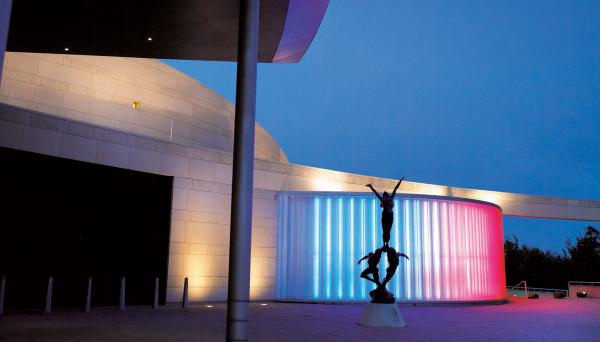Working towards modernizing Holland’s land-based and online gaming markets has been a daunting endeavor and a recent change in a proposed tax rate is just the latest roadblock to the country’s attempts at gambling reforms.
While the Dutch Remote Gambling Act (pdf auto-download 21 pages, English translation) was drawn up back in 2013 to overhaul Holland’s antiquated existing laws and expected to be rubber-stamped late in 2014, it has yet to make it past ongoing committee debate in the Lower House.
Further complicating matters for Dutch gaming lawyers, this week two ruling coalition parties have changed a proposed 20 percent tax rate for online gambling companies to an across-the-board rate of 29 percent for both land-based and online operations. Netherlands gaming lawyer, Justin Franssen of Kalff Katz & Franssen, told eGaming Review that now there is a “real likelihood” of the online gaming market’s failure in Holland. He added that, “Operators have learned their lessons in other jurisdictions and I think interest in the market will seriously decrease if and when these motions pass parliament.” Possibly due to the remote gaming bill’s single overriding goal to lead the significant number of gambler’s in Holland away from offshore markets so that consumers may be better protected. Because there are currently no licensed gambling sites in Holland whatsoever, it’s likely that the markets are engaged by 100 percent of the country’s online gamblers, which equals an approximate 1.5 million adults.
The goal of the Dutch Remote Gambling Act was an 80 percent “channelization rate” away from foreign markets and toward the new licensed operators, and what was decided to be an attainable method of accomplishing that was a 20 percent tax rate. New licensed operators would be prevented from competing effectively with outside markets, which would probably result in consumers going elsewhere, according to the gaming publication.
While it was presented that pressure resulting from litigation launched by land-based gaming association Euromat may be resulting in wavering by politicians, the differentiation in taxes for online and land-based gaming companies is officially accepted as legal by the European Commission. Euromat’s complaint was that the tax differentiation was in violation of European law. Litigation in 2014 against the Danish licensing regime reaffirmed the decision to leave the tax specification up to individual member states.
Previous projections of the Dutch online gambling market may have been underestimated, according to research by Holland Casino, which according to Wikipedia has the legal monopoly on gambling in the Netherlands, and it was recently suggested that the currently unlicensed market could be worth more than $1.1 billion annually.
A synopsis of the January 2015 announcement of the Dutch Ministry of Security and Justices public consultation on a draft proposal of the Modernization Casinos Regime Act is available on Lexology. The comment period for that phase is over.



